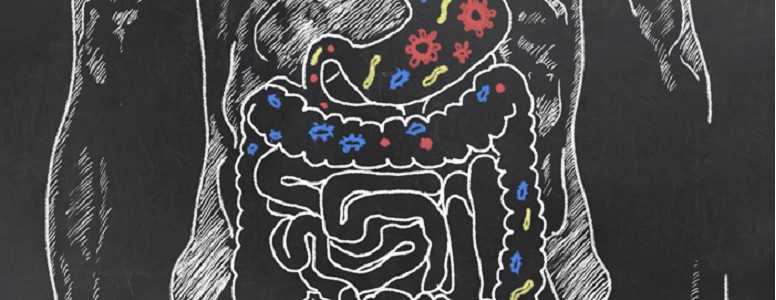GPs are being urged to pay closer attention to older people who have diabetes as they may not recognise the signs of hypoglycemia, researchers have said.
A team from Exeter wanted to look at how diabetes affects older people and whether hypoglycemia – when blood sugar levels drop too low – is being missed.
Hypoglycemia should be avoided regardless of age, but in older people it can lead to further health problems if not treated, such as falls, accidents and being admitted to hospital.
Now, researchers are urging doctors and healthcare teams to review the medication taken by older people for their diabetes. They also want healthcare teams to take a more proactive approach in asking older patients about hypoglycemia because symptoms can become less prevalent in old age.
The trial was led by Dr Suzy Hopen, a geriatrician with clinical and academic interests in diabetes in older people at Exeter Medical School, whose research team studied the health records of 335 people aged 65 with type 1 diabetes and type 2 diabetes who were either treated with insulin, metformin, sulphonylurea or no medication at all.
Thirty-four per cent of insulin-treated patients documented one or more hypo, compared to five per cent of sulphonylurea-treated patients and two per cent of metformin-only treated patients.
Insulin treatment was shown to have the highest risk of hypoglycemia in the older generatio, which is why the researchers say clinicians should be “alert to the possibility of unrecognised hypoglycemia in their older insulin-treated patients”.
The researchers explained: “Nausea, falls and unsteadiness were the most discriminatory symptoms. However in insulin-treated patients at risk of hypoglycemia, these ‘hypo clue’ symptoms, in particular nausea, falls and unsteadiness, may represent episodes of hypoglycaemia not recognised by the patient.
“Thus GPs should consider a review, including of diabetes medication, when patients report or present with these symptoms.”
The findings have been published in the Primary Care Diabetes journal.
Editor’s note: People with diabetes of any age can boost their awareness and knowledge of hypo symptoms by signing up to the Hypo Training Program, a 10-week course designed to to improve your knowledge of hypoglycemia and how to prevent hypos.
What's new on the forum? ⭐️
Get our free newsletters
Stay up to date with the latest news, research and breakthroughs.







